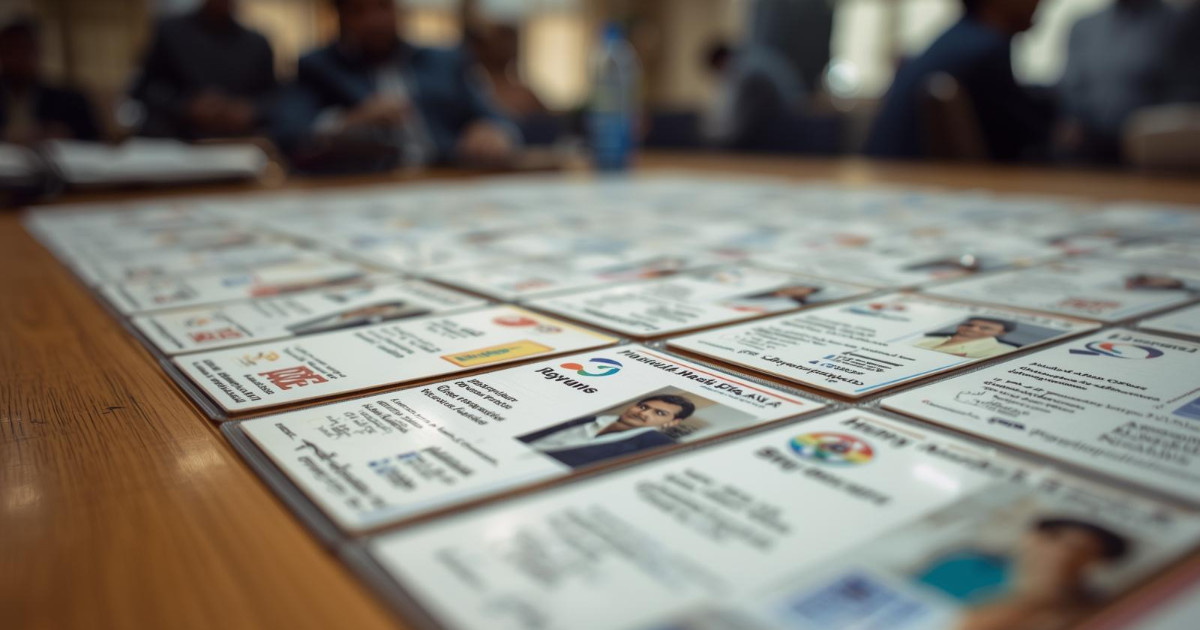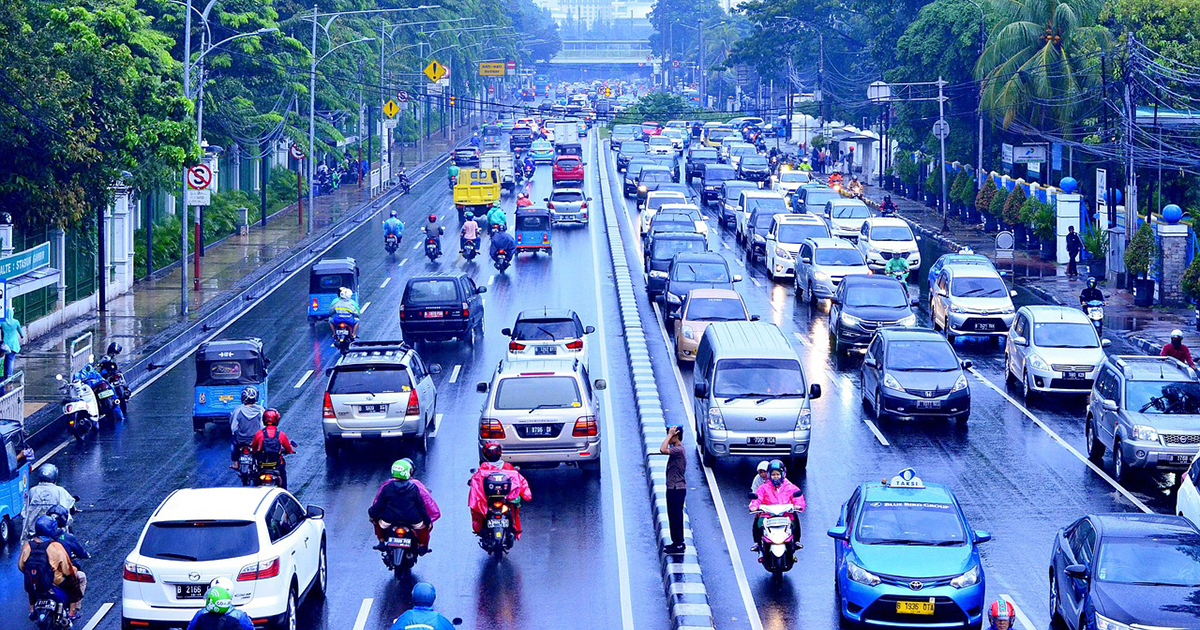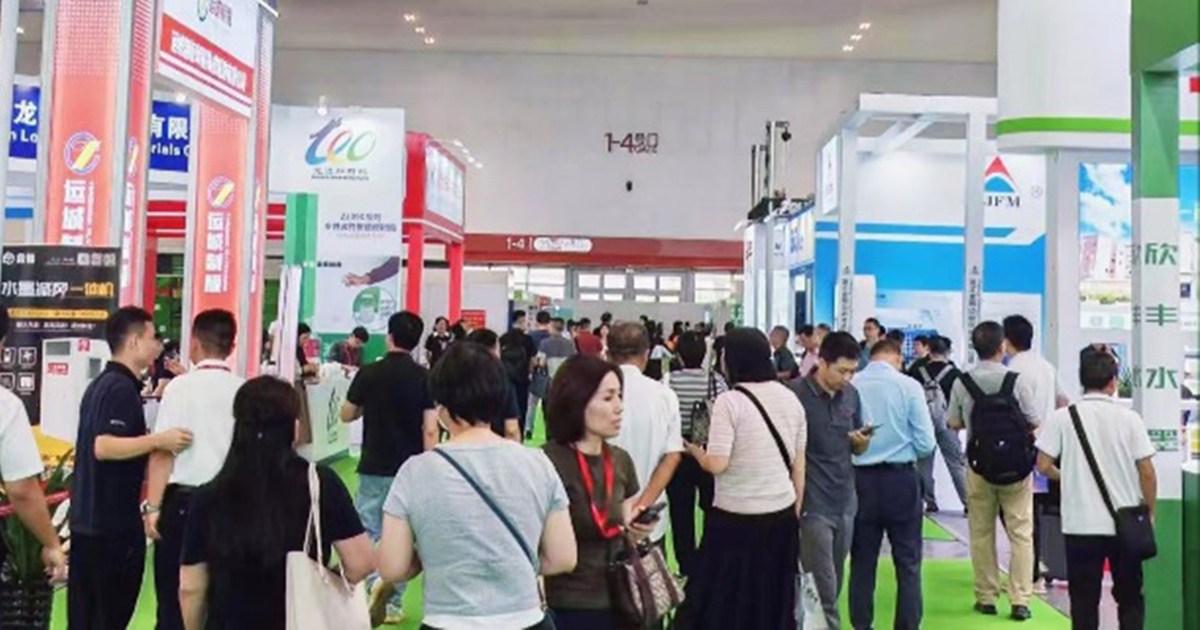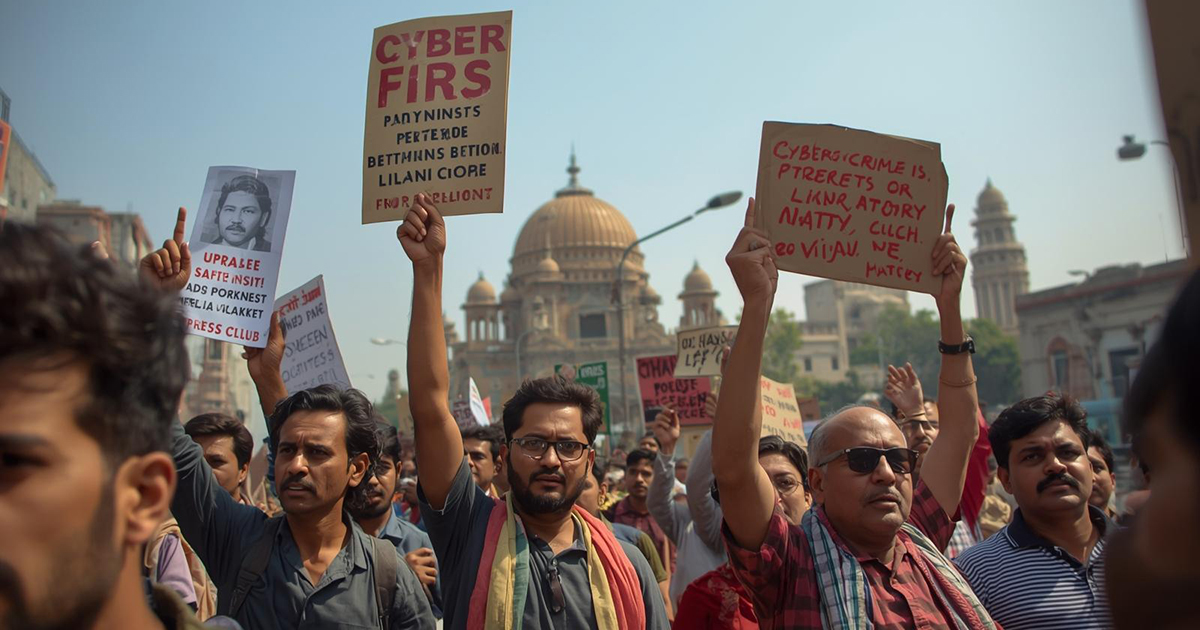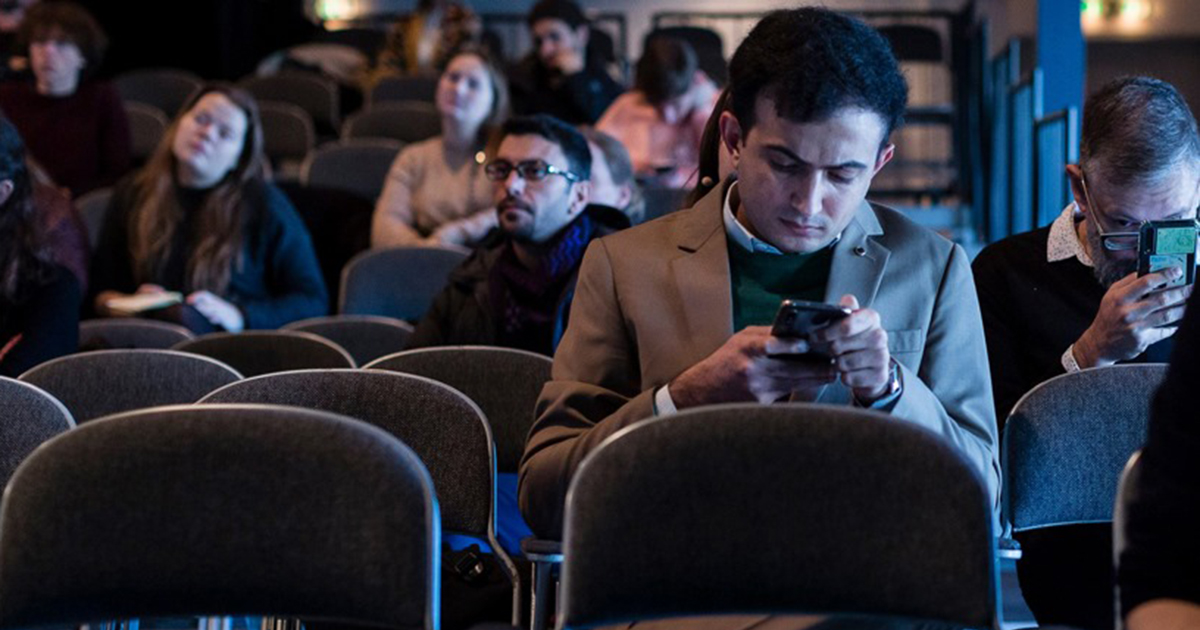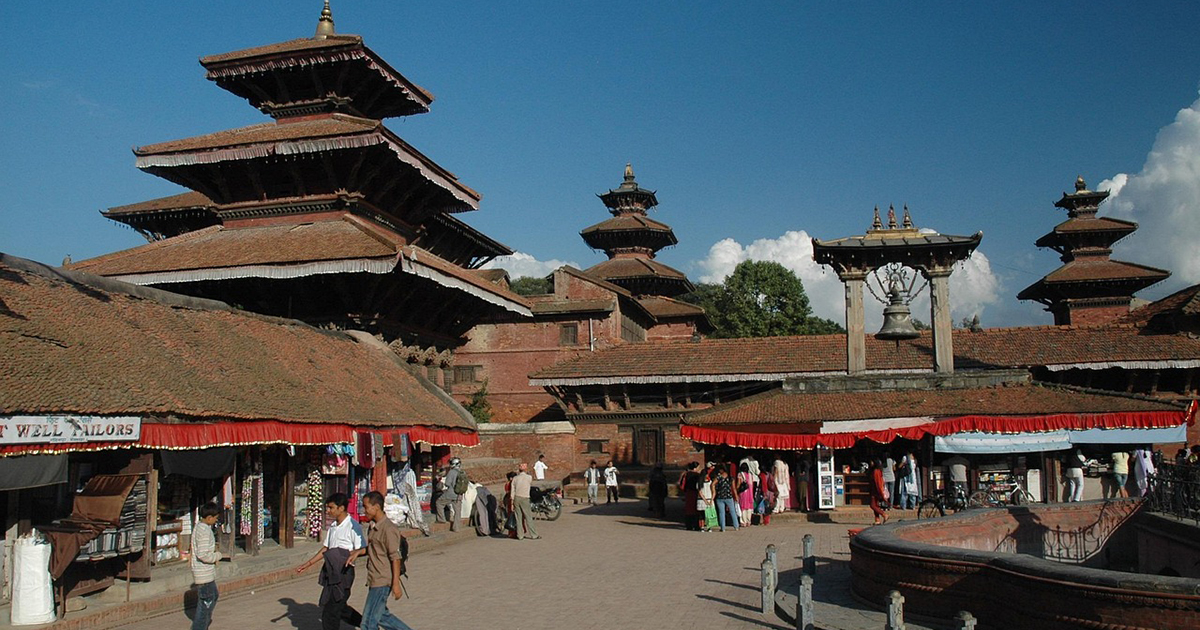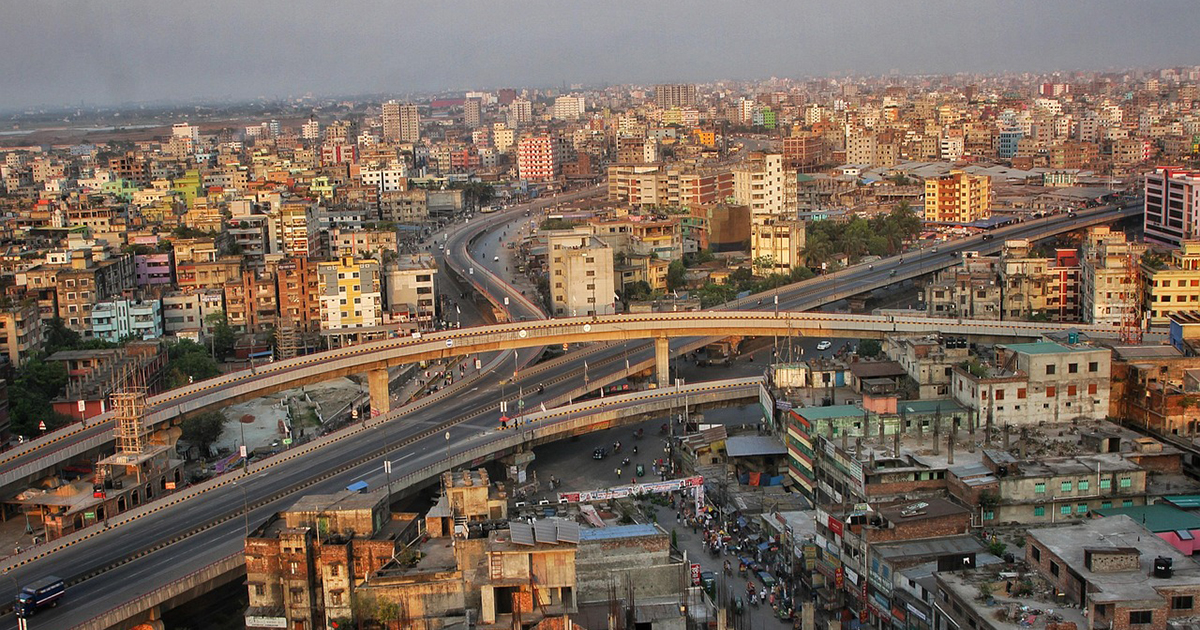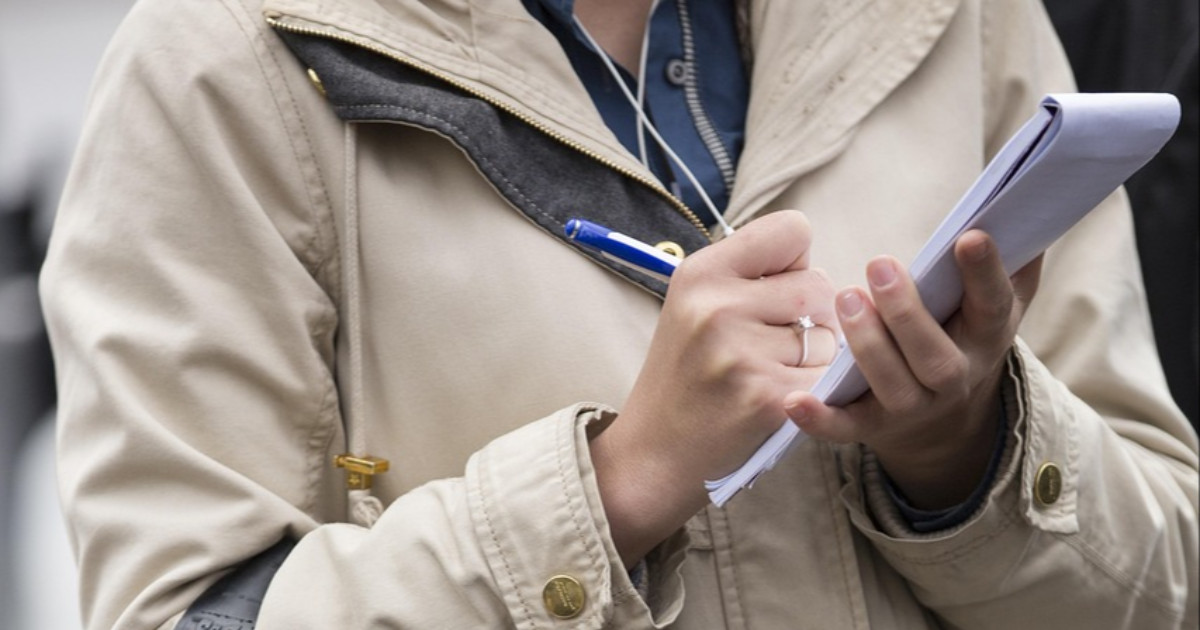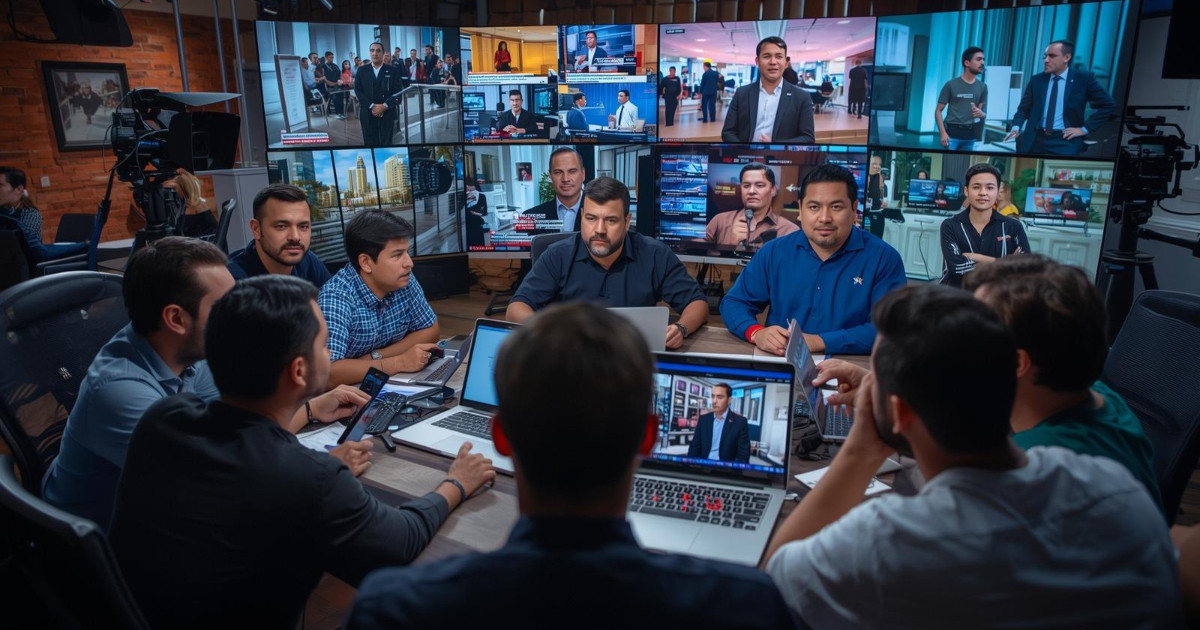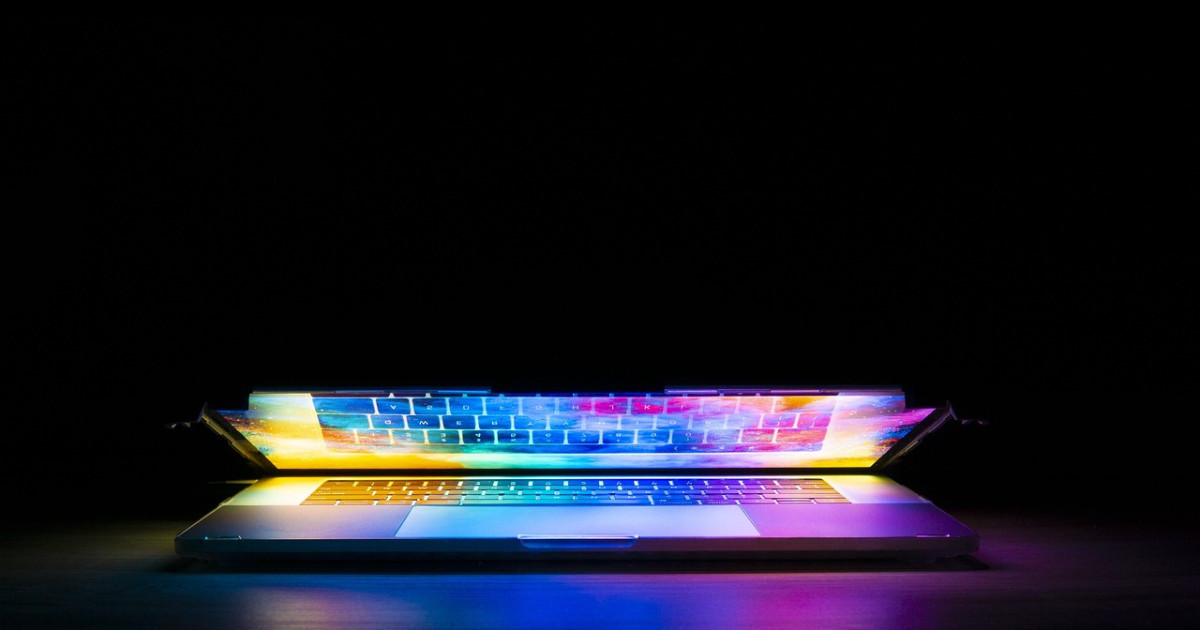Former editor urges China's media restraint amid Japan diplomatic row
JournalismPakistan.com | Published: 26 November 2025 | JP Asia Desk
Join our WhatsApp channel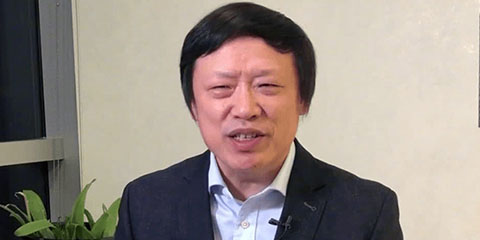
Hu Xijin, the former editor of Global Times, calls for caution in media commentary regarding Japan amid diplomatic tensions. The move highlights ongoing state influence and censorship in China, particularly affecting public discourse and independent journalism.Summary
BEIJING — China has intensified censorship and self-restraint in its media following a diplomatic dispute with Japan. Hu Xijin, former editor of the state-linked tabloid Global Times, publicly urged official outlets to avoid “harsh” or “exaggerated” commentary on Japan.
Observers noted that posts on social media platforms affiliated with government-backed media were rapidly deleted if they deviated from the official line. Analysts said this shows how state-aligned platforms can quickly suppress dissenting views and limit public debate.
State media control in focus
The episode underscores how state influence shapes media narratives in China, particularly during periods of bilateral tensions. Official messaging is reinforced by automated content removal and oversight of journalists, leaving limited room for independent reporting.
Implications for journalism and digital discourse
Rapid takedowns and the strict control of official commentary hinder the ability of journalists to report freely. Observers warned that this environment erases the archival digital record of public discourse and complicates cross-border reporting for international media covering East Asia.
Experts note that these measures are part of a broader trend of heightened media control in China, which also includes guidance on framing news coverage, restrictions on commentary, and close monitoring of online narratives. This approach ensures that state-approved perspectives dominate discussions on sensitive diplomatic issues.
ATTRIBUTION: Reporting based on statements from Hu Xijin and observations of Chinese state media and social platforms.
PHOTO CREDIT: South China Morning Post
KEY POINTS:
- A former editor urges state media to avoid harsh commentary on Japan during a diplomatic dispute.
- Social media posts from official outlets were rapidly deleted if they deviated from approved narratives.
- State-aligned platforms and censorship limit independent reporting and public debate.
- Journalists face challenges in archiving and verifying information during bilateral tensions.
- The trend reflects broader state control over news coverage and online discourse in China.



